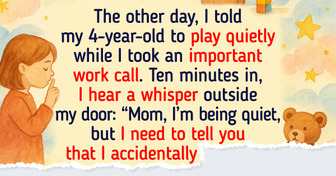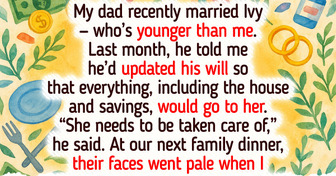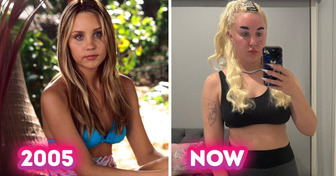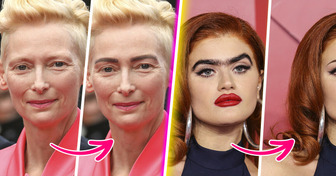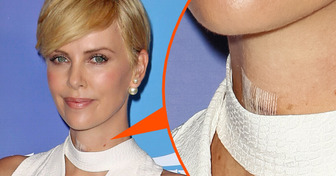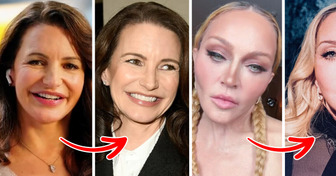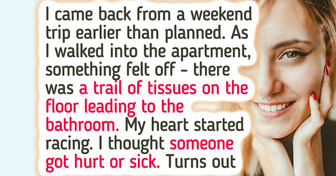After Years of Dreaming She Finally Got a Nose Job and the Results Are Unbelievable

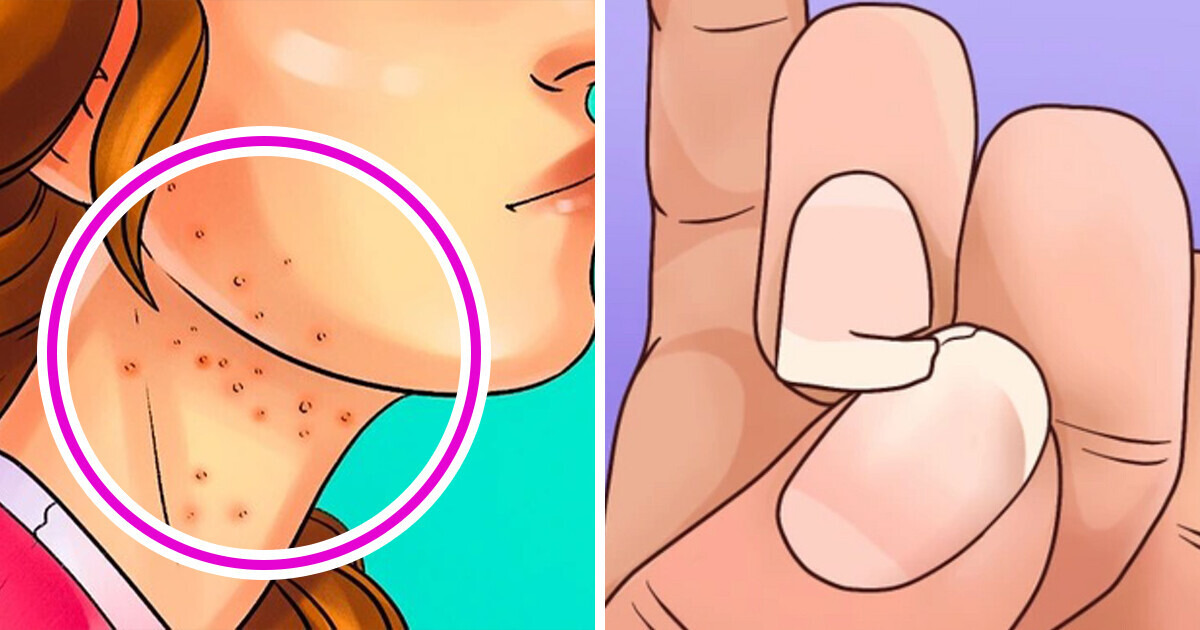
A recent survey of over 2,000 UK adults revealed just how much sleep affects our health and appearance. Researchers used AI to analyze the differences between those who get more or less than seven hours of sleep per night, and the results were striking. Lack of sleep doesn’t just make you tired—it impacts your entire body, according to sleep experts.
CONTENT IS PROVIDED FOR INFORMATIONAL PURPOSES ONLY AND IS NOT INTENDED AS A SUBSTITUTE OF MEDICAL ADVICE.
SEEK GUIDANCE OF YOUR DOCTOR REGARDING YOUR HEALTH AND MEDICAL CONDITIONS.
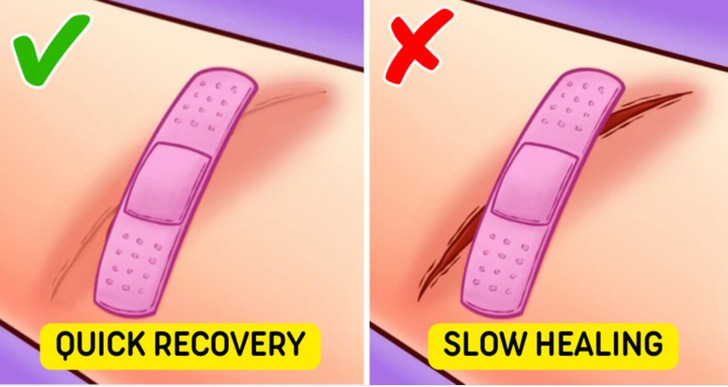
Getting enough quality sleep plays a crucial role in the body's ability to recover and maintain overall well-being. During deep sleep, the body produces proteins (cytokines), collagen, and growth hormones that help repair skin and muscles. If you sleep less than 7 hours, these processes are disrupted, leading to slower healing of cuts, scrapes, and even bruises. Additionally, sleep deprivation weakens the immune system, increasing the risk of infections in wounds. For faster recovery from injuries or surgeries, getting enough quality sleep is crucial.
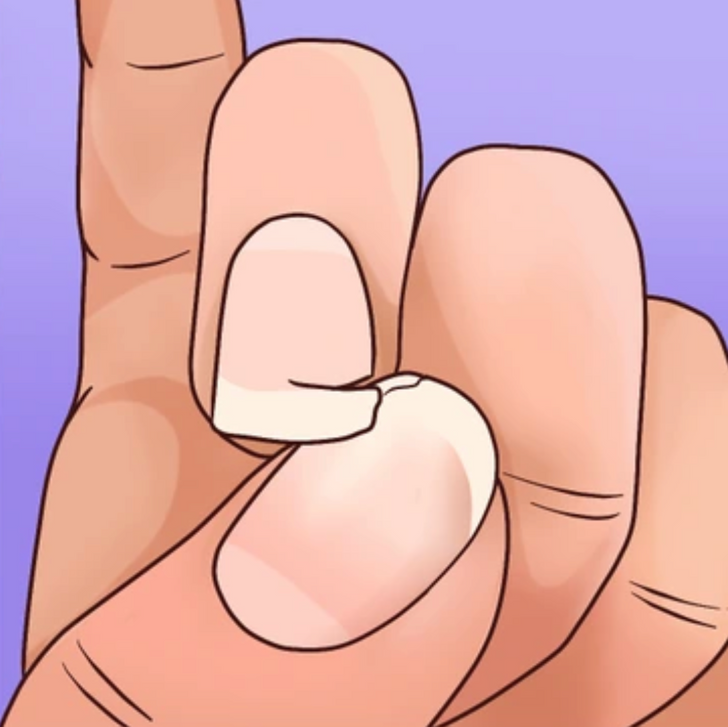
Furthermore, 15% of individuals with inadequate sleep reported experiencing brittle nails, underscoring a potential link between chronic sleep deprivation and weakened nail health. This association may stem from disruptions in the body’s natural repair mechanisms, which are essential for maintaining nail strength.
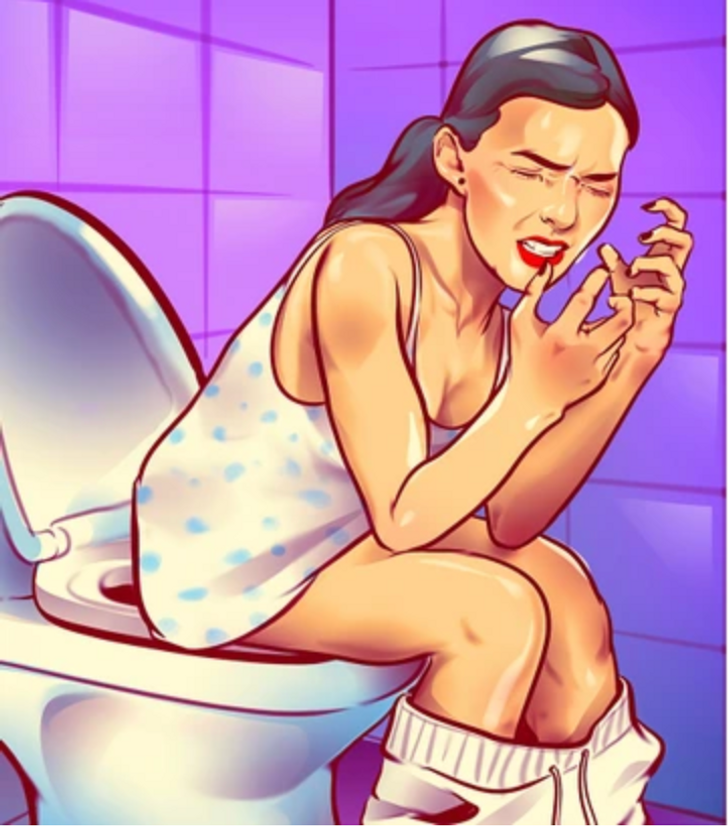
Another study investigated the potential relationship between sleep disturbances and various types of constipation in patients. The findings suggested that people with a history of insufficient sleep had a significantly higher risk of developing constipation, highlighting the importance of sleep quality in gastrointestinal health.
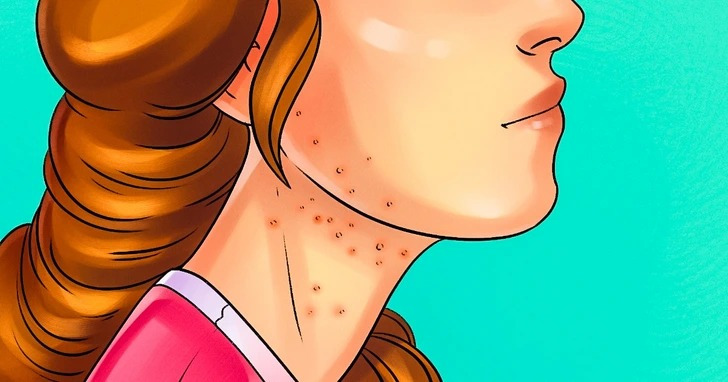
The experiment reveals that the skin is one of the first areas to display signs of sleep deprivation. “When sleep is compromised, reduced blood flow causes the skin to appear sallow and lack vibrancy, stripping it of its natural glow and vitality,” explained Artis.
Among those who reported insufficient sleep, 24% noted increased skin sensitivity. Other frequently reported skin issues included eczema (16%), psoriasis (7%), and a dull complexion (10%). “At night, the skin works overtime to regenerate and repair itself,” Ms. Artis explained. “During rest, blood flow increases, supporting its natural repair processes and promoting a healthy, radiant complexion,” she added.
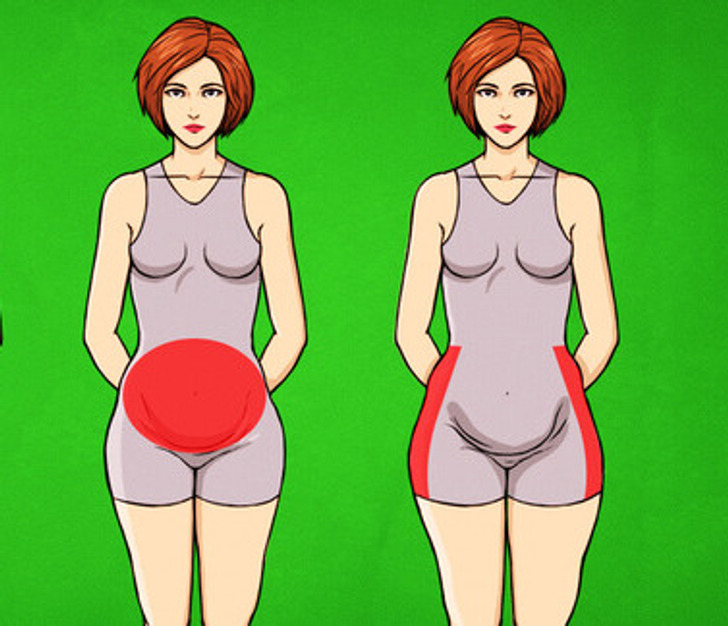
Additionally, lack of sleep can contribute to weight gain. The survey revealed that 26% of those who didn’t get enough sleep were overweight, while 32% experienced bloating. “During sleep, the body balances hormones like ghrelin and leptin, which control hunger and satiety,” Ms. Artis explained.
Without adequate rest, ghrelin levels spike, making people feel hungrier, while leptin levels decrease, reducing the feeling of fullness. “This hormonal imbalance triggers overeating, especially cravings for high-calorie sugary foods.”
According to Ms. Artis, sleep deprivation may also play a role in the different ways men and women gain weight. “Women are more likely to see increased fat in the hips and thighs due to hormonal changes, while men may notice more abdominal fat due to decreased testosterone levels,” she said.
Lack of sleep can lead to bad breath, and it’s not just about oral hygiene. When you don’t get enough sleep, your body produces less saliva, which is essential for washing away bacteria in your mouth. As a result, harmful microorganisms multiply faster, causing dry mouth and unpleasant odor. Additionally, sleep deprivation weakens the immune system, increasing the risk of gum inflammation, which can also contribute to bad breath. If your breath still smells bad even after brushing your teeth, poor sleep quality might be the reason.
The amount of sleep a person needs varies based on multiple factors. "A healthy adult usually needs around 7 to 9 hours of sleep," the NHS advises.
However, individual requirements differ depending on factors such as age, health, and personal circumstances. Some people naturally require more sleep than others. Teenagers, children, and babies need additional rest to support their growth, with newborns sleeping anywhere from 8 to 16 hours a day.
Here are the signs that it might be time to cut back on caffeine.

